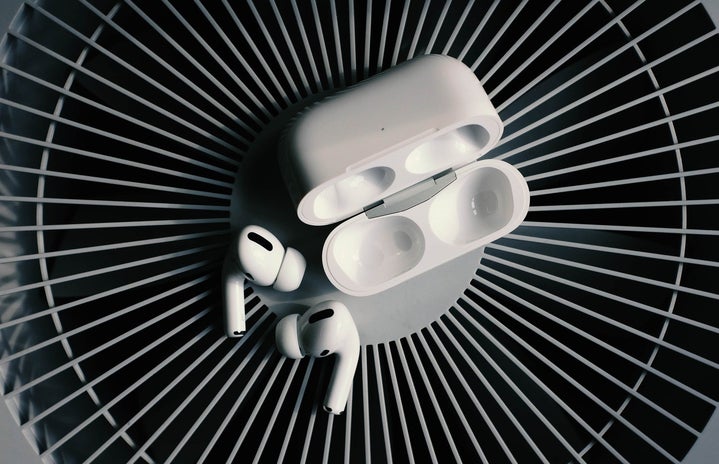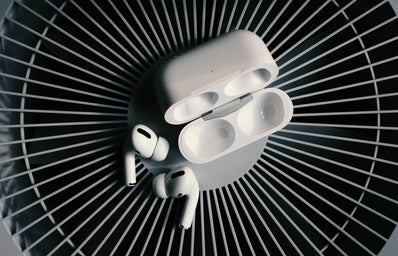I recall being fifteen and sitting through the writing portion of a standardized test and finding myself overwhelmed, full of panic, and writing through teary eyes. These sensations were not related to the test, but rather to the typing I heard from dozens of people around me. Not long after, I discovered that what I was experiencing had a name: misophonia.
Misophonia is defined by the Cleveland Clinic as “decreased tolerance to specific sounds and things you can sense (see, touch, etc.) related to them.” It is the reason certain people cannot eat around their families without background noise, take exams in the same room as the rest of their peers, or even listen to a clock tick, among many, many other things. The severity of my misophonia skyrocketed after my in-person return to college following the pandemic, when noises such as typing and eating were once again unavoidable. I know that there are many people, particularly college students, suffering in silence with the same condition, and these tidbits are for them. This is what I wish I knew years ago about navigating college with misophonia:
Take Advantage of Your School’s Resources
A turning point for me was when my exam performance began to decline, as background noises sometimes made it impossible to focus. Within weeks of contacting my school’s accommodation center, I was approved for accommodations such as a reduced noise/distraction testing environment and permission to briefly exit class as needed. They also put me in contact with our counseling services, and I spent the next semester talking through my experiences with a professional for the first time. I originally did not feel like someone who deserved accommodations, but without the help I received from those departments, my mental wellbeing and academic success would be far, far worse right now. If your college offers similar services, I highly encourage you to at least explore them, even if you feel hesitant. You deserve a college experience where the effects of misophonia do not weigh you down.
Invest in Noise-Canceling Earplugs
Almost immediately upon returning to the classroom a couple of years ago, I developed a habit of wearing my earbuds during class because of their ability to block out certain noises. Although they surely helped, I grew annoyed with how frequently I drained their battery and had to wait for them to recharge. To solve this problem, I recently purchased a pair of Loop earplugs (specifically the Switch, which provides three different levels of noise cancellation) and view them as a great alternative to my earbuds. All the pairs offered come in fun colors, are comfortable, and range in noise. The website even has a quiz to determine which pair best fits your needs. Because of the convenience they offer, my earbuds come with me everywhere, and I recommend making the investment if you are looking for an alternative to earbuds or traditional foam earplugs.
Talk About It
Misophonia is not yet a commonly recognized condition and requires far more research to fully understand, which creates skepticism and stigma toward those with the condition. Whether it be from friends, advocacy groups like SoQuiet, or professional counseling, ensuring that your voice is heard can be a game changer when it comes to facing stigma or simply feeling like nobody understands what you are going through. Additionally, educating others with personal anecdotes and current research can gradually change the way people with misophonia are treated. Educational resources like the Duke Center for Misophonia and Emotion Regulation are a suitable place to start if you are looking to spread awareness.


